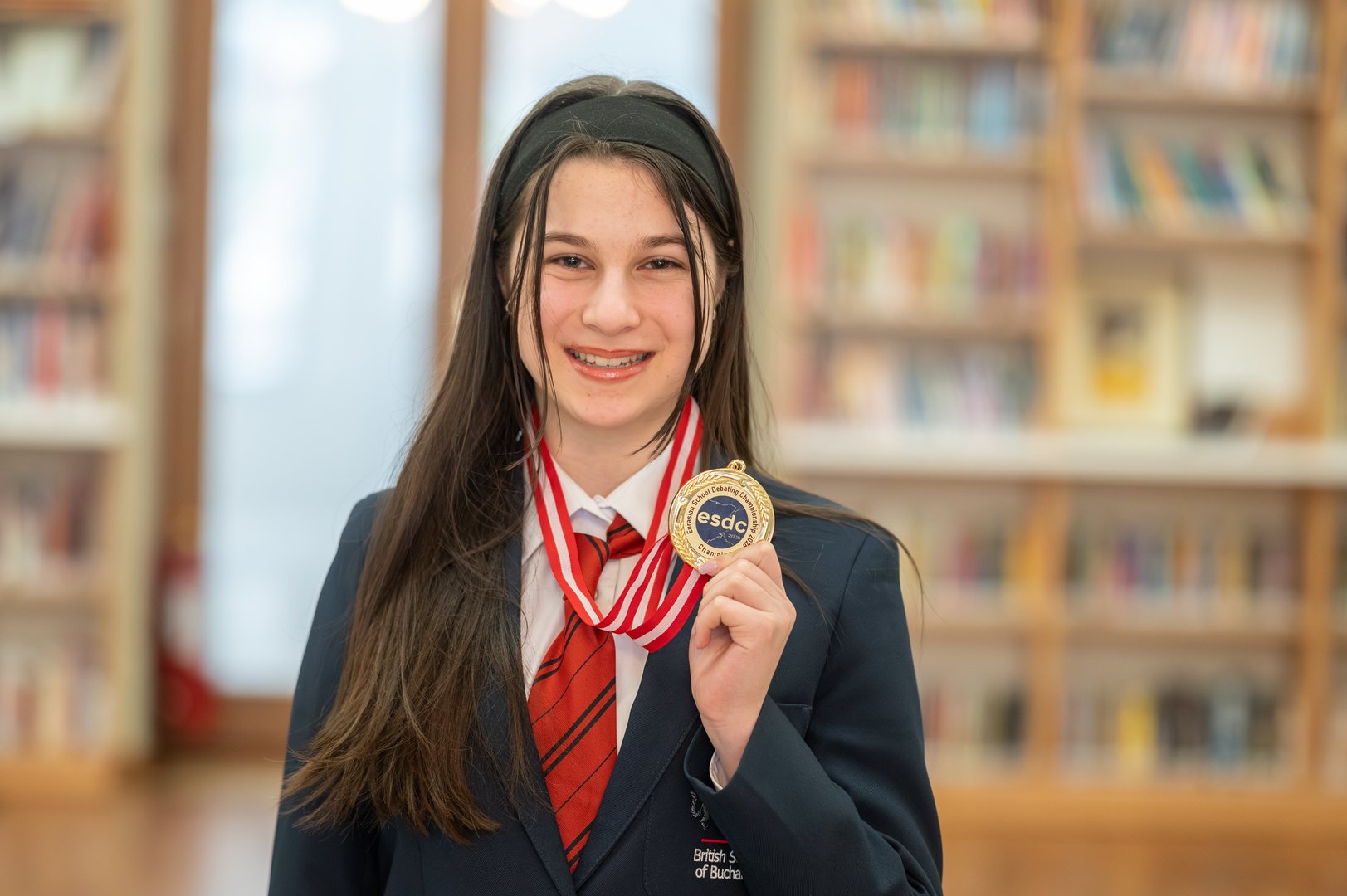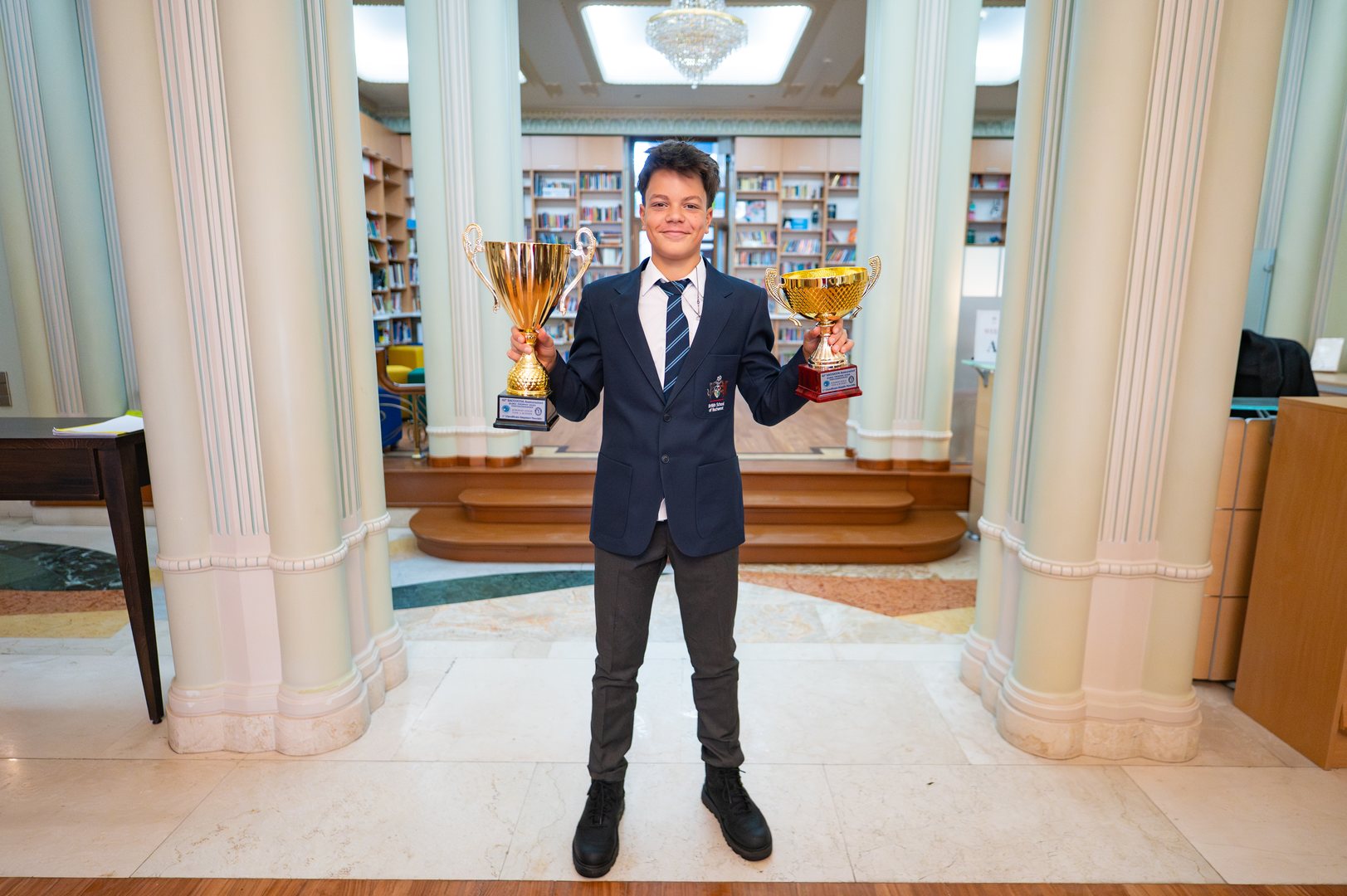
The EPQ: Should You Do It?
A compilation of reflections by Alexandra, Bonny, Georgina and Laura
At the start of Year 12, we were given the option to either complete an Extended Project Qualification (EPQ) or a Community Sports Leadership Award (CSLA). By the start of Year 13, a majority of students decided to drop their EPQ. Hopefully, this article will provide you with some insight into the process of taking on an EPQ, which could help with your decision-making when you arrive in the Sixth Form.
We begin with a series of reflections by students who took on different ‘types’ of EPQs, namely an investigation, dissertation and artefact. The selection we have here is still not representative of what you can make out of the project. One student wrote a song and designed his very own album cover, another recorded a series of lectures on Astrophysics. At the end of the article, you can take a glimpse into what is expected by end of the EPQ. If you have any questions, you can talk to any of us.
***
The Process
The investigation, by Alexandra
For my EPQ I conducted an investigation aiming to find out whether I could predict the athletic performance of Sixth Form students based on their body type. I chose this topic because at the start of Year 12 I was really interested in Sport Science and was considering it as a course at university. My project mainly involved me researching many articles and studies about information I could use to create predictions for each body type, planning and carrying out my investigation and analysing all the results to come to a conclusion. Our favourite virus, COVID-19, proved to be a big impediment to my project, however, I was able to work around it and safely continue my research.
Even though it proved to be very tough at times due to lack of motivation, looking back, I learnt a lot from my EPQ. I learnt how to effectively plan and conduct my own investigation, the importance of time management and how to correctly reference studies – all things that will be extremely useful at university. Additionally, I learnt about the joys of having to manage and motivate Sixth Formers who would rather die than run. Also, fun fact, if you get an A in EPQ, some universities will lower the grade requirements for your course 😉
Dissertation, by Bonny
At the start of Year 13, I wasn’t too sure what I wanted to do in the future. I just knew that it would be something Biology and Chemistry related because those were the subjects I was most interested in. Therefore, I opted to do an investigation because I wanted to really hone my practical skills since I knew that wasn’t my strong suit. After exploring a few topics, I felt like the topic Bioplastic was kind of interesting, so I decided to work on that. A few months of research shaped my end objective, to create a biodegradable bioplastic from the waste stream that was suitable for one-time use.
I quickly realised that this was a very idealistic goal that was very difficult to achieve. My two hours in the lab trying to extract starch from potato was already a failure, so I started to have doubts about this project. Just a few weeks later, School was shut down and we all went into lockdown because of COVID, which made it impossible for me to conduct an investigation in the lab. I then decided to write a dissertation on the biodegradation of bioplastics. Sadly, the longer this project went on, the less effort I put into it because my interest in it was faltering. Yet, I didn’t want to give up, not only because of my ego but also because I thought the EPQ was genuinely an excellent way to hone my research skills, explore my interests and stand out in university application forms.
Hence, in May I made the bold decision, after talking to Mr. Notley, to restart my project and choose a completely different topic. This time around, I had a clear vision of what I wanted to do in the future, which was Medicine. I was also reading this book The Epigenetics Revolution by Nessa Carrey which really piqued my interest and ended up inspiring my new project. The book introduced me to a neurodevelopmental disorder, Rett Syndrome which was found to be reversible in mice models back in 2007. Now, my EPQ topic is ‘Understanding Rett Syndrome and the path to a cure’. Although the process was tedious, it’s safe to say that I’ve learnt a lot along the way. I think my biggest challenges included referencing sources (until I started using the Google Docs citation tool) and the topic change. I’m not sure if the EPQ has boosted my university application in any way but I would still recommend it. I feel like it prepares you for what is to come later on in university, which is independent learning, conducting your own research and writing papers.
Artefact, by Georgina
For my EPQ I decided to do an ‘artefact’ where I would produce a blog centred around the geopolitical tensions surrounding climate change. My blogs have covered topics from the Geopolitics of Geoengineering to the effects of entire countries sinking as a result of rising sea levels. I had decided very quickly that I wanted to produce an artefact and a blog seemed like a perfect fit as I would be able to explore a topic of interest more widely than I could if I was writing a dissertation. However, it took quite a while to finally settle on this particular topic for my project, having originally wanted to focus on the challenges faced by the environment in general. I eventually decided to narrow it down to Geopolitics because after a while it became clear that the topic I had chosen was much too broad and had become unmanageable. Some of the largest challenges I have faced have been trying to choose a topic to focus on that wasn’t too broad or niche and keeping on top of my activity logs (which I would highly suggest doing to anyone starting on the EPQ programme). Overall, I would recommend it to anyone looking to further their knowledge in a particular topic or improve their research and essay writing skills.
***
The Result, by Laura
Below is an abstract (summary) of Laura’s dissertation, along with the question she explored.
How susceptible are we to misinformation and disinformation shaping our political views?
This thesis attempts to come to a conclusion on a seemingly unanswerable question: how much are we truly impacted by negative external forces when creating political opinions of our own?
Four case studies – UK, USA, China and Romania – are used throughout the dissertation as cornerstones of the study. By tackling different aspects of public political manipulation throughout the world, the thesis attempts to evaluate the extent to which humans’ political views are impacted by false information they receive through various sources they encounter on a day-to-day basis.
By researching the effects of ‘legacy media’ in former Soviet satellites which have fostered a culture of watching television despite being consciously aware of disinformation being actively propagated through the media outlet, one can start to evaluate the extent to which individuals allow their own selves to be politically swayed.
By investigating the extent to which China’s government itself, implements severe control over media outlets and the way impacts of disinformation on a population that has no other choice but engage in a censored society can be evaluated.
Perhaps the most relevant to us all is the investigation of the role of misinformation and disinformation in some of the most prominent democracies of the West, where politicians forge entire campaigns around simple yet cunning acts of ‘fake news’.
Despite the unquantifiable results obtained through this thesis, the conclusion is undeniable. As social human beings, we allow ourselves to be swayed by external forces – some less so than others – in an attempt at acquiring information. Therefore, as a species, not only are we subconsciously susceptible to misinformation and disinformation but some of us unfortunately forge our entire political spectrums based on false claims.
Please note that the British School of Bucharest is not responsible for the content on external pages and, as usual, we advise you to monitor your children’s online activity.





